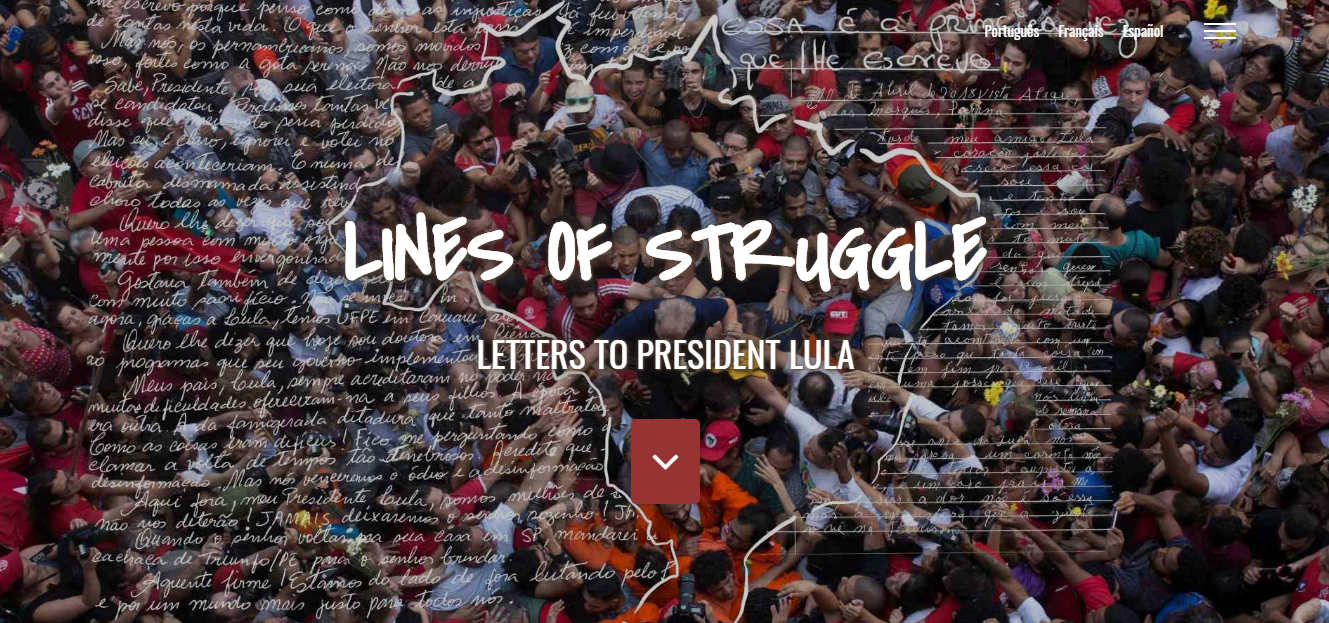Lula da Silva’s prison letters will be a movie

With the advent of email and social networking, if a postman comes to your door he’s likely to bring a bill or bad news. But after the arrest of Lula da Silva, who was released from prison last November after a corruption conviction that deprived him of daylight for a year and a half, thousands of the former president’s supporters returned to buy stamps. The reason?
A campaign by the Workers’ Party (PT) that seems inspired by the mythical film “Central Station” by director Walter Salles, in which the character played by Fernanda Montenegro wrote letters to illiterate migrants at the train station in Rio de Janeiro.
“Lula, I am a worker like you, who suffered alongside the poor,” a man dictated to a young campaign volunteer in downtown Belo Horizonte. “My three children were educated by your government and in 1987, for defending you, I lost a job.”
This is one of the more than 30,000 letters received by Lula da Silva during the 580 days he was in prison in Curitiba (Paraná), which a group of Brazilian, Argentinean and French researchers has digitized with the help of volunteers and now intend to make a film, according to sources at the Lula Institute cited by Prensa Latina.
“These are exciting stories of people who changed their lives for politics”
Maud Chirio
These historians have published a spectacular work on Lula’s website Linhas de Luta, which even included a reading in a Parisian theater in which renowned artists, politicians, and intellectuals participated, such as singer Chico Buarque, actress Maria de Medeiros or former Congressman Jean Wyllys and philosopher Marcia Tiburi.
Politics changes lives
According to French historian Maud Chirio, founder of the European Network for Democracy in Brazil (RED.Br), who told the former president about the project last week, “these letters are not only about Lula but about democracy, solidarity and how public policies have changed people’s lives”.
“When we had contact with these letters it was obvious how valuable they were,” said Chirio. “They are exciting stories of people who changed their lives for politics.”
The researcher also said that both the hard political moment Brazil is going through, with the restriction of freedoms by the ultra-right-wing government of Jair Bolsonaro and the attacks on the Lula Institute, made her fear for the safety of the writings.
“We evaluate that this material is at risk because of the persecution that has taken place here (in Brazil) and, as historians, we are dedicated to disseminating and preserving the wealth it has,” she concluded.
Although no further details have been given on the film, among the epistles are some written by great personalities such as Pope Francis, who last May 3 responded to a letter from Lula sending him “courage” and exhorting him to “continue to trust in God.”



